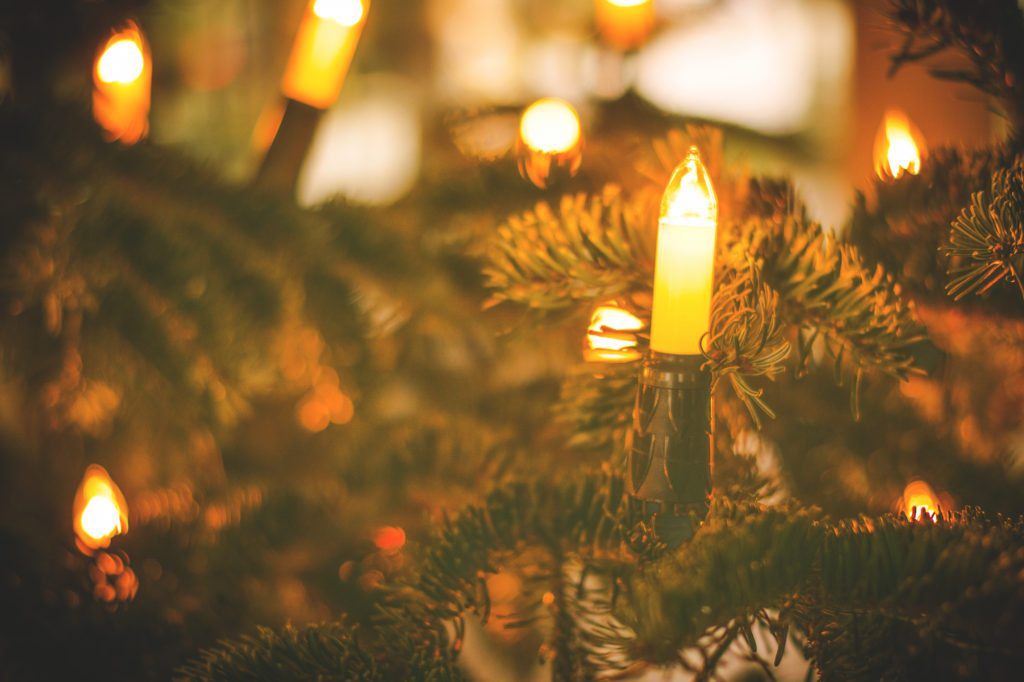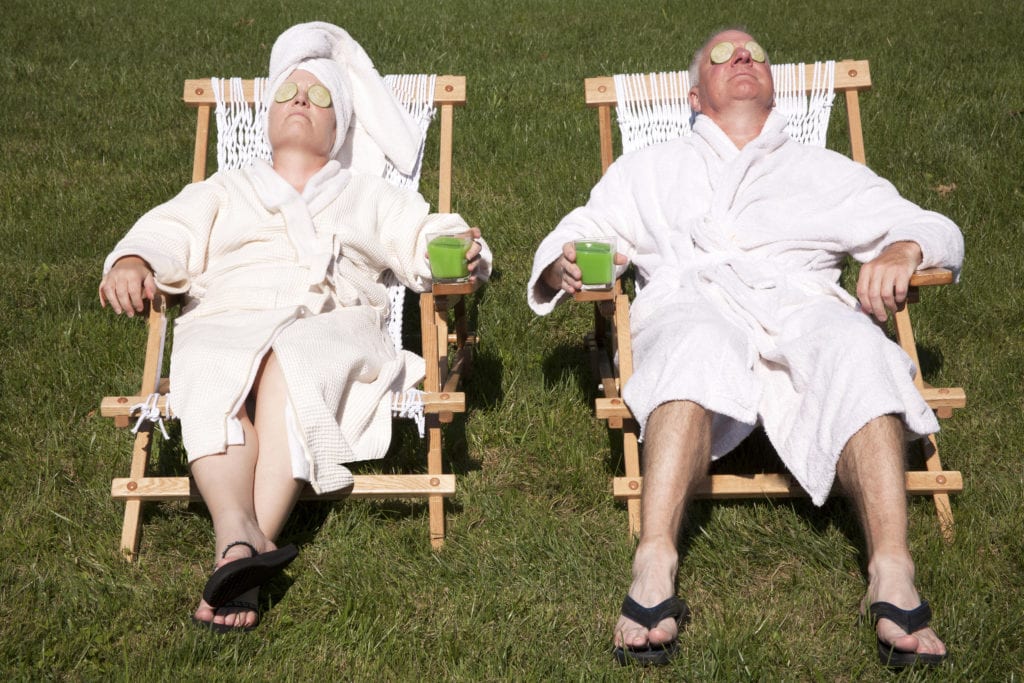
The holidays in Windsor & Essex County are full of festive celebrations but they’re also a time when the most costly, frequent and deadly fires are possible around the home. Don’t be a holiday fire statistic, take note of these common causes and reduce your risks:
Christmas Trees & Lights
According to the Building and Fire Research Laboratory of the National Institute for Standards and Technology, it takes less than 30 seconds for a dry tree to engulf a room in flames. If you’re set on a real tree, make sure the needles are intact and water it each day. A well-watered tree is almost impossible to ignite so keep an eye on the water level. Make sure real trees stay away from heat sources like radiators or fireplaces and out of high traffic areas to avoid missteps or tripping hazards. Artificial trees don’t pose much of a fire hazard but having one that’s flame retardant is a must.
Be sure to inspect string lights and throw out any frayed/cracked wires or sockets. Try to keep a maximum of three strings of lights connected in any area and if you’re using extension cords, make sure they’re UL-rated for indoor or outdoor use and in good condition. Avoid using nails or staples when hanging lights outside and don’t leave them up for too long or weather elements and curious squirrels may damage them.
Cooking
Whether it’s potlucks, cocktail parties, family gatherings or school bake sales, it seems like there’s always something to whip up around the holidays. You spend a lot of time in the kitchen but it can be easy to get distracted. Ensure that all your surfaces are clutter-free, don’t ever leave grilling/frying/broiling unattended, keep a fire extinguisher nearby, double check smoke detectors on a regular basis and avoid cooking/baking when intoxicated.
Candles
The misuse of candles is one of the most common causes of house fires, especially during the winter and around Christmas. Candles give off a warm, comforting glow making it easy to forget that their open flames can reach 1,400 °C! Most candle fires begin in the bedroom but around the holidays, it’s often the proximity to decorations that causes problems. Always blow out candles when you leave the room, don’t place lit candles near window coverings or decorations, keep your wicks trimmed and place them in sturdy, burn-resistant containers that can collect wax and won’t topple over.

